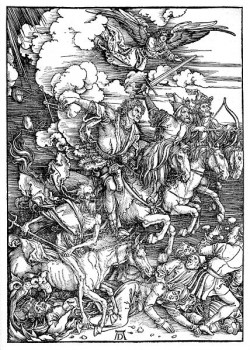Brandon Sanderson’s The Way of Kings wins the David Gemmell Legend Award
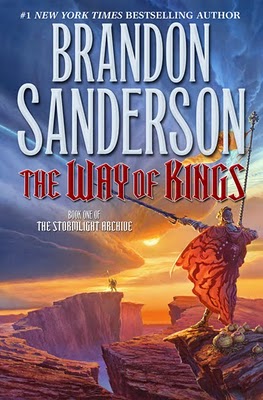 Brandon Sanderson’s novel The Way of Kings (Tor) is this year’s winner of the David Gemmell Legend Award for Best Fantasy Novel of 2010.
Brandon Sanderson’s novel The Way of Kings (Tor) is this year’s winner of the David Gemmell Legend Award for Best Fantasy Novel of 2010.
The list of nominees, including Peter V. Brett, Markus Heitz, Pierre Pevel, and Brent Weeks, was announced in April. Sanderson was nominated twice — once for The Way of Kings, and once for Towers of Midnight, his posthumous Wheel of Time collaboration with Robert Jordan.
The David Gemmell Legend Award is a fan-voted award administered by the DGLA. The Legend Award for Best Fantasy Novel was first granted in 2009, to Andrzej Sapkowski’s Blood of Elves, and last year’s winner was Graham McNeill’s Empire: The Legend of Sigmar.
The Ravensheart Award for best Fantasy Book Jacket/artist went to Power and Majesty by Tansy Rayner Roberts (HarperCollins Australia); illustrated by Olof Erla Einarssdottir.
The Morningstar Award for Best Fantasy Newcomer/debut went to Warrior Priest by Darius Hinks (Black Library).
The complete details of the awards ceremony are available at the DGLA website.
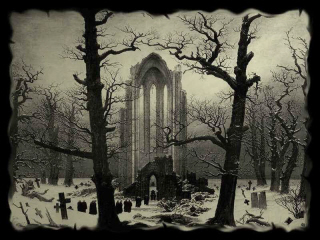
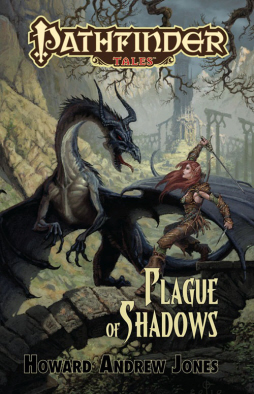
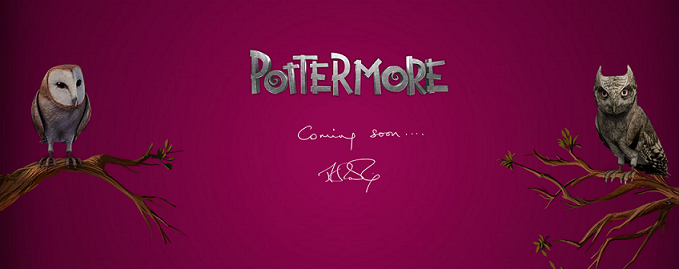 Harry Potter author J.K. Rowling announced this morning (video
Harry Potter author J.K. Rowling announced this morning (video 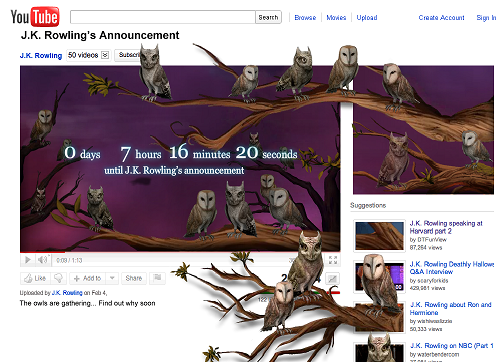 For about a week, rumors have been swirling across the internet about the exact nature of
For about a week, rumors have been swirling across the internet about the exact nature of 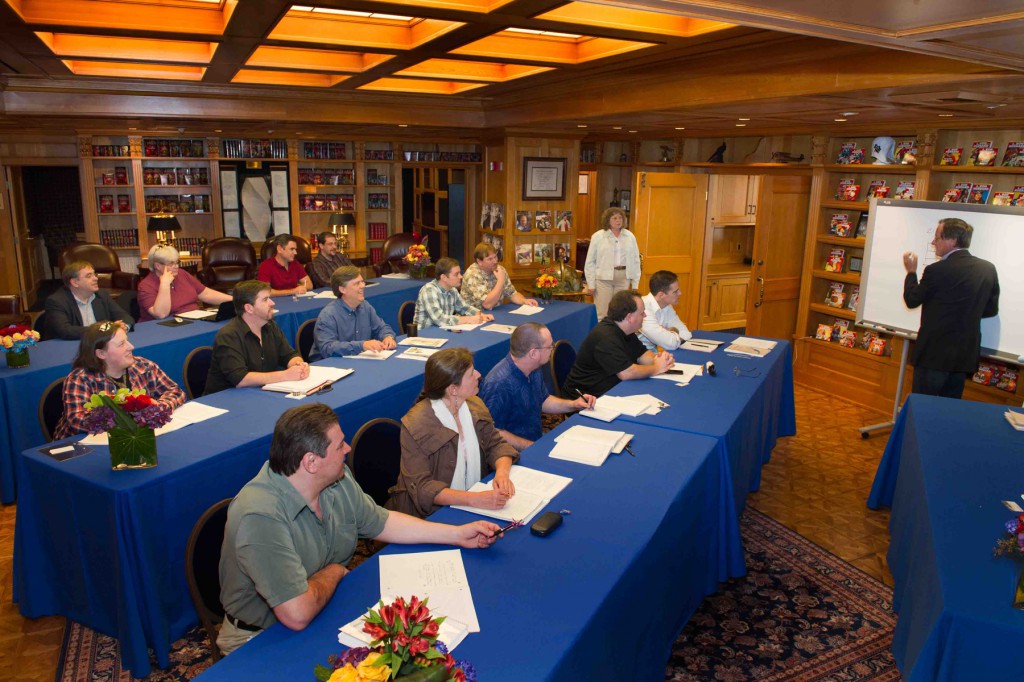
 Serial storytelling is something of a mystery; even more so, perhaps, than most storytelling. When done right, it seems to hook an audience, to get them to invest heavily in the story being serialised. But for whatever reason, most serial forms have been pigeonholed as strictly popular arts; serial storytellers have generally been assumed to have a low amount of literary ambition. These presumptions about serials, and the way the form works, have always intrigued me — the more so since I’ve set out to write
Serial storytelling is something of a mystery; even more so, perhaps, than most storytelling. When done right, it seems to hook an audience, to get them to invest heavily in the story being serialised. But for whatever reason, most serial forms have been pigeonholed as strictly popular arts; serial storytellers have generally been assumed to have a low amount of literary ambition. These presumptions about serials, and the way the form works, have always intrigued me — the more so since I’ve set out to write 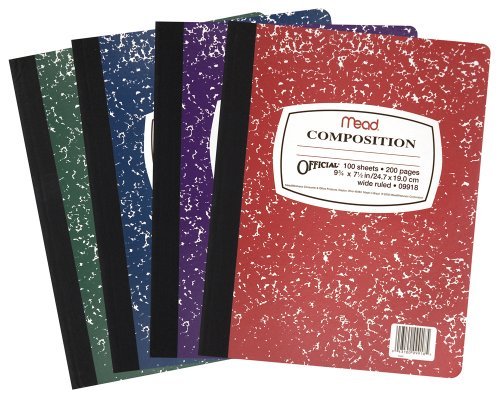 Writers of the Future Volume XXVII is now available for
Writers of the Future Volume XXVII is now available for 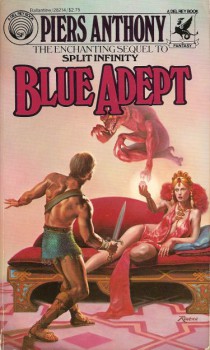
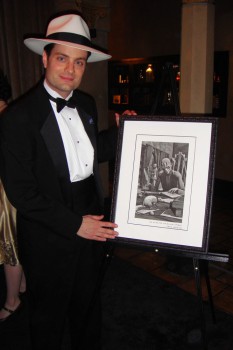
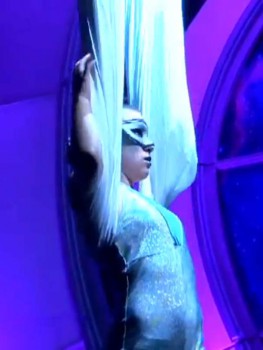 I have returned after a two-week hiatus from Black Gate. It was a — busy time.
I have returned after a two-week hiatus from Black Gate. It was a — busy time.